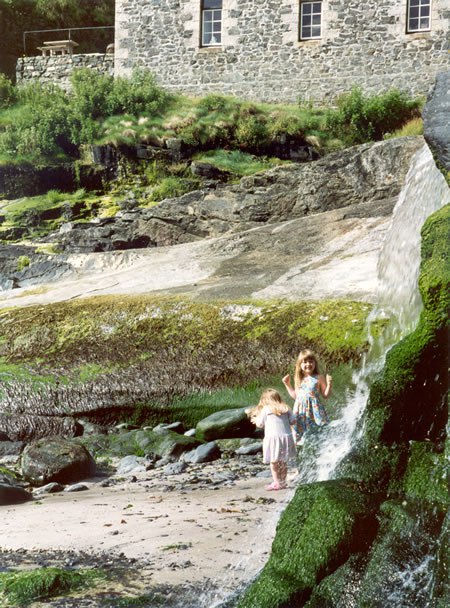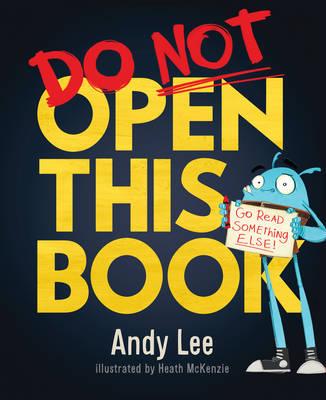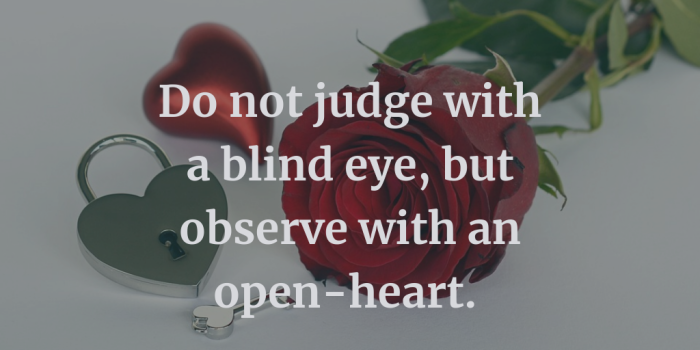I am lucky to come from a line of strong women. Our Nan, the matriarch, was born and raised in Chelsea during the 1930s. She survived the war despite being directly bombed, hung out with Kray twins and raised her young son alone before she met our Grandad. As a result, like her mother before her, she has a straight-talking, no nonsense attitude you might expect from someone who had a hard and sharp journey to adulthood. She doesn’t hold any airs and graces. She swears and quarrels and has a dirty laugh. On her 88th birthday this year she sat in an armchair with a glass of Prosecco in hand all evening. After she’d opened her presents and cut her cake and we’d all sung in celebration of her she pulled me close and whispered “I wish I’d died years ago, to be honest”, then let out a cackle. She actually said that, on her birthday, to her granddaughter.
In stark contrast to that sort of behaviour, some of my warmest, most tender memories of childhood involve her. Being gently rocked to sleep in her lap while she sang “You Are My Sunshine” to me, lovingly making soup and sandwiches for my sister and I after school, taking us to the Isle of Wight during the summer holidays. She’s always been unrelentingly proud of us and happy to outwardly display her adoration, by discussing our successes with her neighbours and never skipping an opportunity to kiss us.
She had my mum and aunt, eighteen months apart, in her late twenties. According to our family folklore they were inseparable as children. Nan tells me how they’d sit on the same step on the staircase, chattering away in secret for hours. Both gutsy and determined, they would fight over toys, lust after the same boys and eventually go into the same profession – nursing. But they have always been equal parts different as they are the same. Even now they have moments when they look and sound as though they could be twins and others when you can see the ways in which the branch of the family tree has been splayed.
The same is certain of my sister and I – at times we can read each other’s minds, at others we cannot begin to fathom what the other may be thinking. I am impulsive where she is cautious, unmoved where she is competitive. We are each other’s biggest fan and most honest critic. Differences of opinion between the women in our family are commonplace, but arguments and “falling out” are not. We accept our dissimilarities and try to see them as strengths. I am lucky to come from a line of strong women not because they are strong per se, but because those of us that remain have been raised to have courage in our own convictions while continuing to love and support one another on our separate paths. The strength that we share is an unyielding propensity to kindness towards each other.
I try to emulate this in all relationships I hold outside of my family group, but particularly those I have with other women. I endeavour to be the girl that compliments a strangers dress in a nightclub toilet or flashes a smile to a tired cashier who’s been on her feet all day. But that’s not to say I’m always successful, or that it’s always easy. Some of my relationships with women are natural, calm, unpressured – from the moment we met there was a spark, a mutual regard of our similarities, in humour or interests or something. An unspoken agreement that we’ll be around for a while to help each other through difficulties, celebrate our successes or share a bottle of wine (or two) for no reason.

But there are others that require more nurturing. Perhaps we’re not as naturally compatible, we have different approaches to life, or time and distance pulls us apart. It’s no one’s fault and yet it’s human nature to make judgements and draw conclusions of each other’s personal attributes because of it. A clichéd example of this is that hard working stay-at-home mother who may not feel she has much in common with a hard working childless company Director. The mother may infer that the career-woman is selfish, power-hungry. The career-woman might conclude that the mother is lazy, unmotivated. Of course neither can be sure that they are correct, but their presumption, no matter how fleeting, is enough to form an opinion of the other. It’s a harmful approach to have, not least because it limits the potential of a healthy relationship between the two people.
The recent accusations against Harvey Weinstein, among many other accounts of sexual assault against women, highlight a contemptible lack of consideration of women’s rights by a group of offenders, their complicit friends and apathetic bystanders. But a concerning sidebar to this is that women who have experienced the very worst of manhood, who have held onto a dark and heavy secret for decades, are being derided for sharing their stories, by other women. I think it is a fair assumption that women who are able to look at victims of sexual assault bare their heartache and humiliation so publicly with such irreverence do so because they feel there is an unbridgeable gap between them. They are too different. They cannot identify with their lifestyle, their fame, so the crimes that are committed against them are more excusable.
One of the more poorly-executed social media campaigns I recently witnessed in support of the victims of sexual assault was a thread of men stating that because they have daughters they understand why standing up to sexual predators is so important. “I understand because I have a daughter”. Yet, they should understand because they are a human. They also used the phrase “Imagine if it were your daughter”. It struck me that women don’t have to imagine that. Our daughters are us. We are each other.
“Imagine if it were you”.Disregarding profession and life choices and location, we are equally vulnerable, we understand the feeling of an unwanted hand on a thigh or the sudden threat of a stranger when alone in a dark street.
Weinstein has unwittingly exposed a shameful, gaping hole in the strength of our global sisterhood. But his crimes aside, we all know that unsupportive, venomous interactions between women occur as a low-level part of everyday life. An anonymous bitchy tweet, sharing a malicious Daily Mail article, not reaching out when someone is in need. We’ve become hardened and habituated to it because it’s all so commonplace. Although there are factions of true female to female encouragement and compassion within society, there is still a broad instinct to step back and watch our sisters flounder, given the opportunity.
Making an effort to grasp at kindness as a first response to all people we encounter, particularly women, whose experiences we can identify with is a first step to resetting our damaged sisterhood. It’s how we overcome fear and pain and feeling alone. Our current condition might be worrying but it’s not impenetrable and can be placated with just a little more gentleness, understanding and empathy. Although Weinstein’s savagery has exposed some of the murkiest facets of human nature, I hope that in the coming months and years as investigations continue and incidences like this are better understood we begin to see some light through the gloom – softer, more sympathetic reporting towards the victims, invigorated support of their decisions to come forward and share their experiences and a greater sense of solidarity between women. Because occasionally a prompt is necessary, no matter how horrific, to remind us of what’s most important.
Advertisements Share this:




